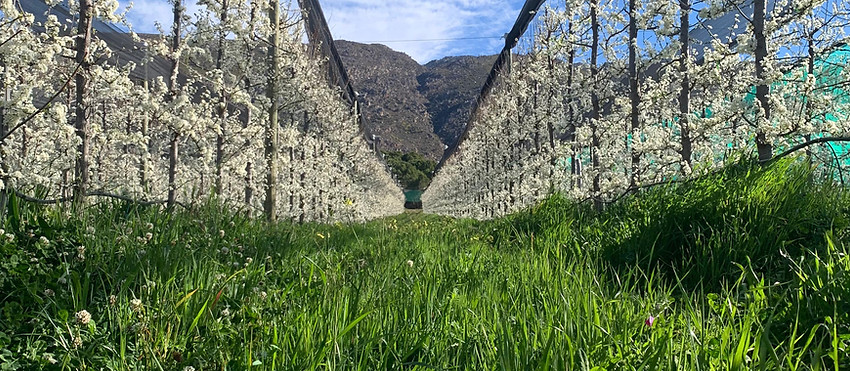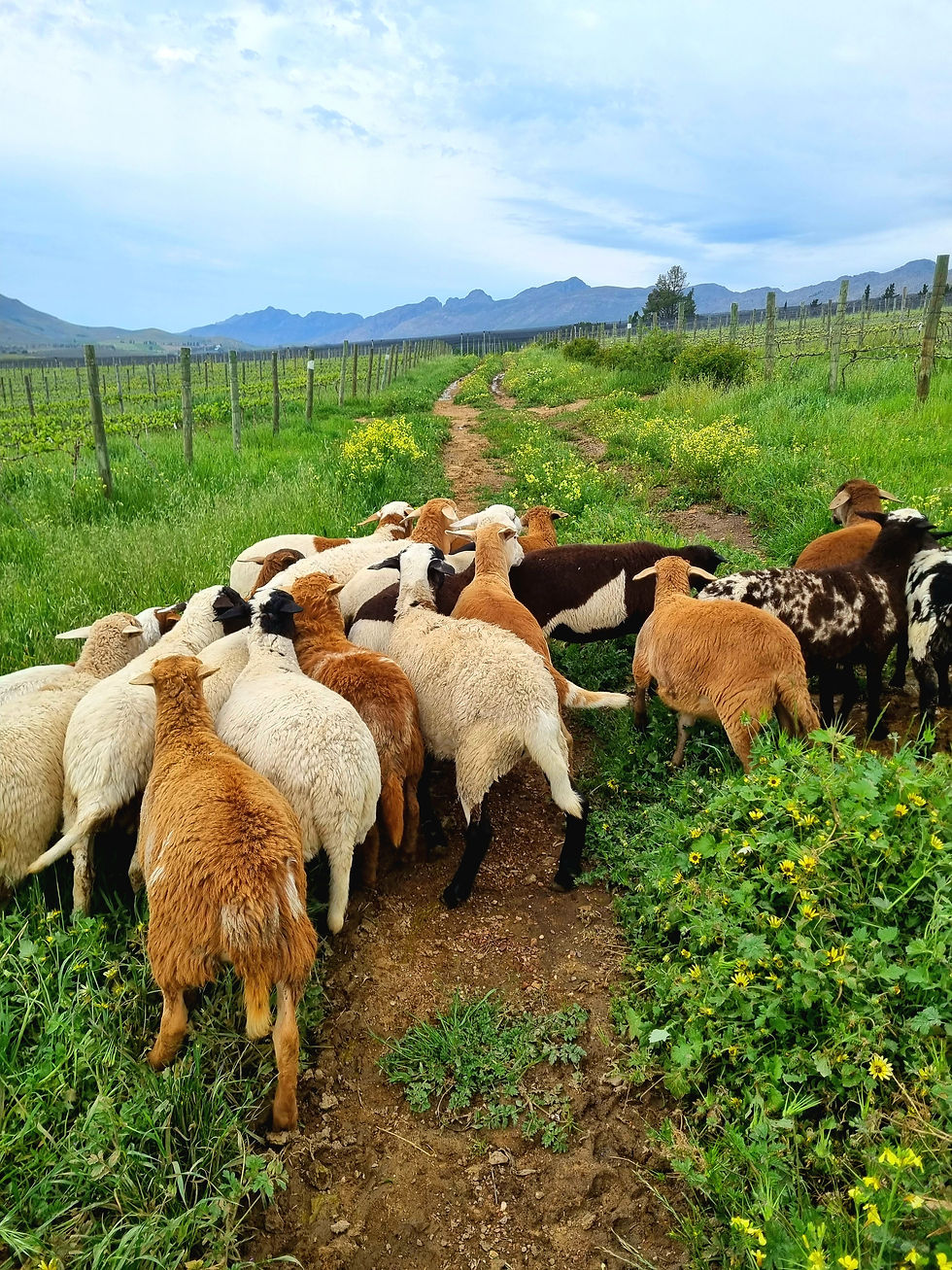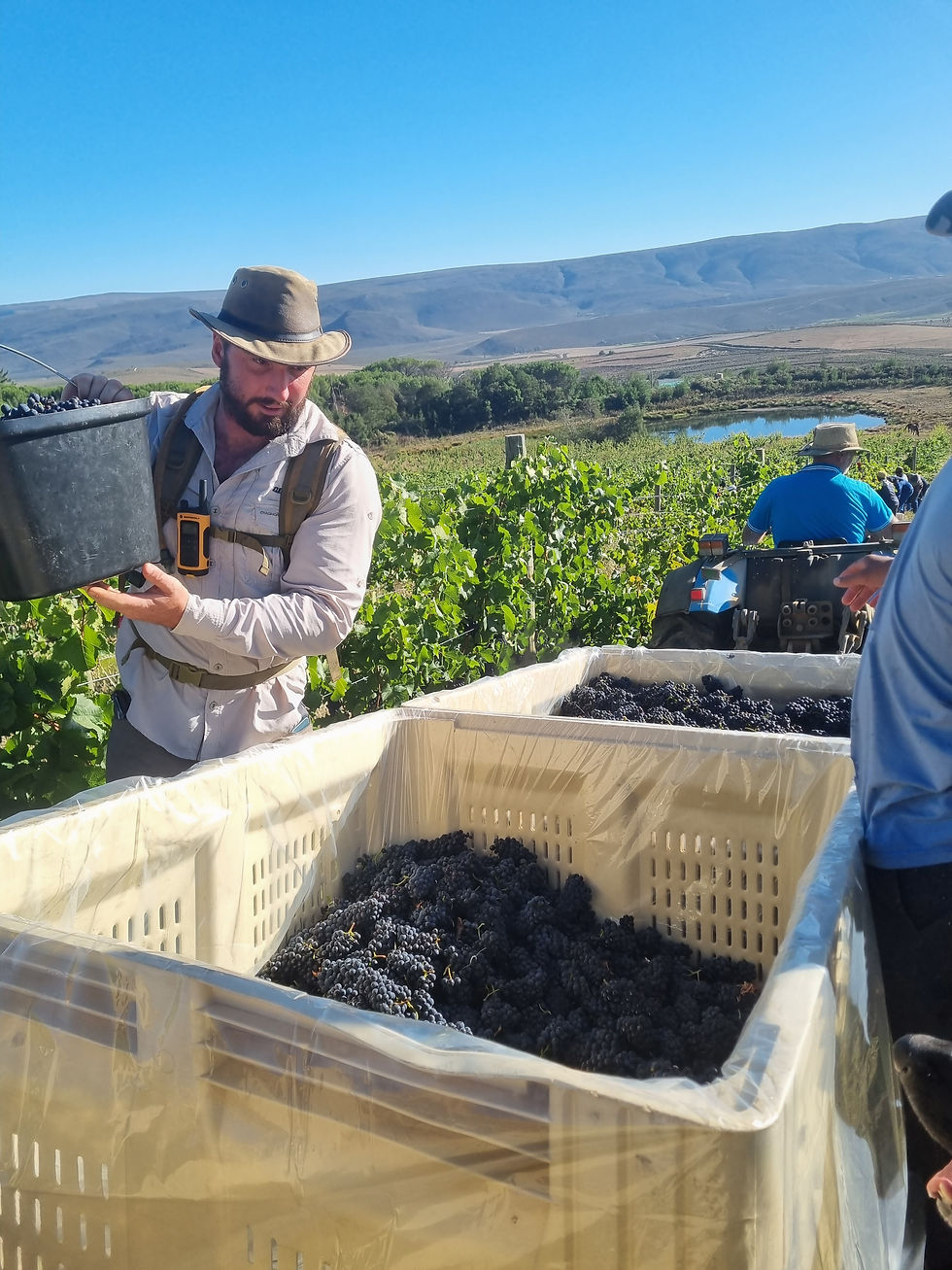
GROWING WITH KINDNESS

AGRIGULTURE

Farming in the Mountains

Langdam is many things, a home, an escape, a sanctuary, a challenge, a blessing and a curse, but above all, it is a farm. When this incredible piece of land changed hands for the last time in 2015 the agricultural side of the business had been struggling for years, old trees, old practices and old ground all combined to make farming here seem like an impossible task. Taking over the agricultural enterprise with no experience in farming whatsoever was tantamount to madness and only really happened due to that inexperience. It turns out that fruit trees don’t live forever and even the most beautiful old apple tree can’t produce enough fruit to pay for its board and lodging. This realization set the wheels in motion which ultimately changed this farm, its people and its feeling in ways which were hard to anticipate. It soon became apparent that the idea of farming held by most of us who buy our food in a box is more-or-less nothing but fantasy. There is of course a certain amount of beautiful sunrises, riding of horses and ploughing fields with reliable old tractors, but the lions share of farm life is a grinding struggle which one has to love to survive.
Once, after much denial, it had been agreed that the fruit trees on this farm were largely beyond salvage, the search for alternatives began. Every classic new-farmer conversation was had, from saffron to cattle and sheep, lavender to truffles and garlic to asparagus, ideas were discussed and discarded one after another. Things were tried, a disastrous potato crop, a failed cabbage field, onion and spring onion seed production, cattle, sheep, pigs…this list is embarrassingly long. None of these endeavors succeeded until the stars aligned and our relationship with DGB began.
We were approached by Stephan Joubert, an out of the box thinking wine expert who had a vision to produce the best wine in South Africa. Stephan is a man who believes wine is made in the vineyard and that producing an incredibly special wine requires an incredibly special location. The search for that perfect location took some time but eventually he stumbled across Langdam and it seemed to tick all the main boxes: high altitude, cold nights, warm days and north facing slopes. After plenty of discussion and negotiation it was decided that we would tackle this challenge together and plant some of the highest altitude Chardonay, Pinotage and Pinot Noir in the country.
This project has never been easy, with no other farmers in the area doing wine, we were largely on our own when it came to figuring out what a vine in the Koo valley needs to thrive. Despite this, some failed cops, some big mistakes and many small ones we are finally heading in the right direction. We are by no means at the peak of our learning curve and every day brings us a step closer to producing a better, kinder and more sustainable wine. With a wine of origin zone designated purely to serve the farm under the name “Koo plateau” and growing international interest in the project, we are incredibly excited to share our Cap Classique, Pinotage, Pinot Noir and Chardonnay offerings with our friends, family and guests.
Due to some inexplicable personality quirks it was decided that 17000 vines was not nearly enough work to keep us busy and, as they say in business, always invest in things you know nothing about…or something like that.
The next project was a variety of Pluot called Honey punch, a beautiful red fleshed export Plum, these fruit were the catalyst for a change in the way we farmed. Planted under netting on the lower portion of the property they began life farmed in the “conventional” manner: Insecticide, fungicide, herbicide. One day when walking through this orchard and planning the next herbicide spray a memory of a passing comment from a fellow farmer triggered the most important shift this farm has seen.
During the pruning of the vineyards the previous year apologies were made to the contractor, and fellow farmer, JP de Villers, for the amount of weeds in the vineyards. His response was one of the single most meaningful sentences ever spoken on this property…he simply said: “We don’t kill anything green on my farm.” At the time this comment was ignored under the pressure of the task at hand and was mentally filed away as more or less irrelevant. Until that strange moment walking through a plum orchard and planning the killing of all the green that could be seen. Something about that decision felt incredibly wrong…and it was. The next phonecall to interrogate JP about his throw-away comment is arguably what made us the farm we are today.
After many hours of talking to JP and other like minded farmers we began the difficult process of moving to a regenerative approach to farming. No longer killing everything on except for the one crop you selling, but rather caring for every living thing in your care. Slowly the farm changed from a place which felt like an outdoor factory to something completely different and unimaginably better. Walking through an orchard started to feel like home, life exploded on the farm, the insects came back, the birds followed, porcupine, aardvark, jackal, guineafowl and jackal buzzard. This ongoing process was never easy but always felt right. The farm is now reaping the economic rewards as well as the emotional ones. Reduced irrigation inputs, complete removal of pesticides, fungicides and herbicides and finally feeling good about being the custodians of this land are just a few of the very tangible benefits. Incredible partnerships with companies like ReamIPM, Barenbrug and Biogrow who really care about the nature of the fingerprint leave on this earth have made the most remarkably positive impact on life on the farm.
These changes have allowed us to branch out in to other crops like Farlis, Faralia and Rubybop Apricots, revival of old orchards and big plans for future expansion. The journey to a completely regenerative approach to agriculture is certainly not over but it is at the heart of everything we do here and it is what gets us out of bed in the morning with a happiness which cannot be bought.
This place is farmed with blood, sweat, tears and love. Please remember this when you wake up in this place to the sound of a jackal buzzards call or see the spoor of a mongoose on a farm road and spare a thought for the farmers who try to make their little piece of this earth just a little bit happier.









